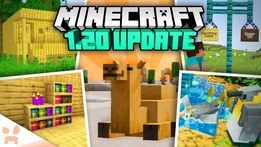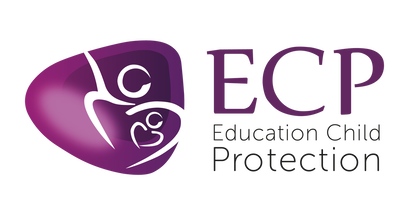MINECRAFT
|
MINIMUM AGE: 7+
WHAT IS IT? Minecraft is a game that lets you build and create a virtual world using building blocks. There is a multiplayer function to explore the worlds created by other users and to combat, chat and play with them. For now, Minecraft's 2023 update is being referred to as "Minecraft 1.20". WHAT WE SAY: Safe, but discuss safety tips with children.
|
SAFETY TIPS TO CONSIDER:
FURTHER SUPPORT: For parents/ carers If you're worried about your child or need support call NSPCC helpline on 0808 800 5000. If you discover criminal content when online then report it directly to the police or the Internet Watch Foundation. If you're worried about online grooming or sexual behaviour online then report directly to the police or contact CEOP. For Children & young people if they're worried or want to talk, encourage them to contact Childline Online or call 0800 1111. Check out our Resource Centre for further information and useful online safety tips. |


